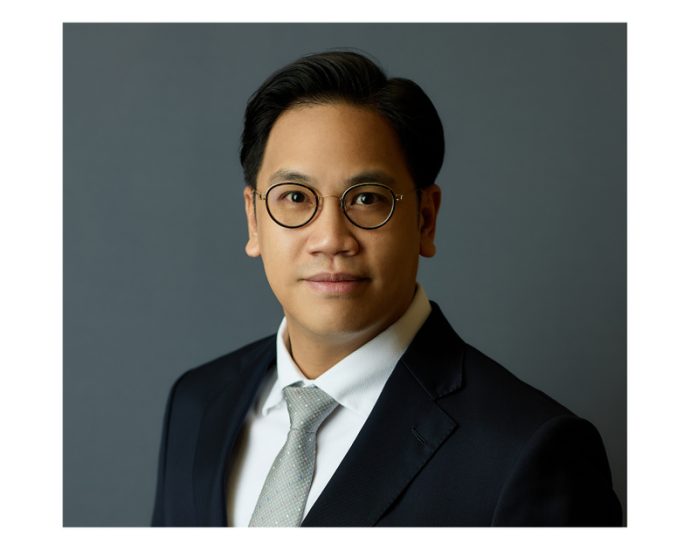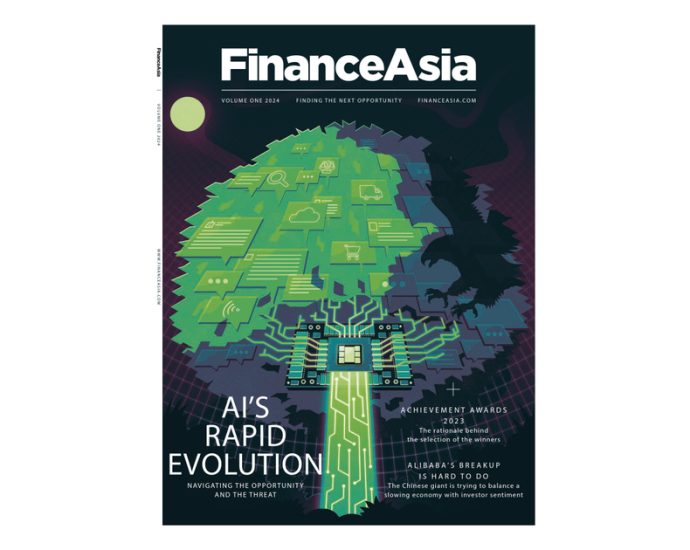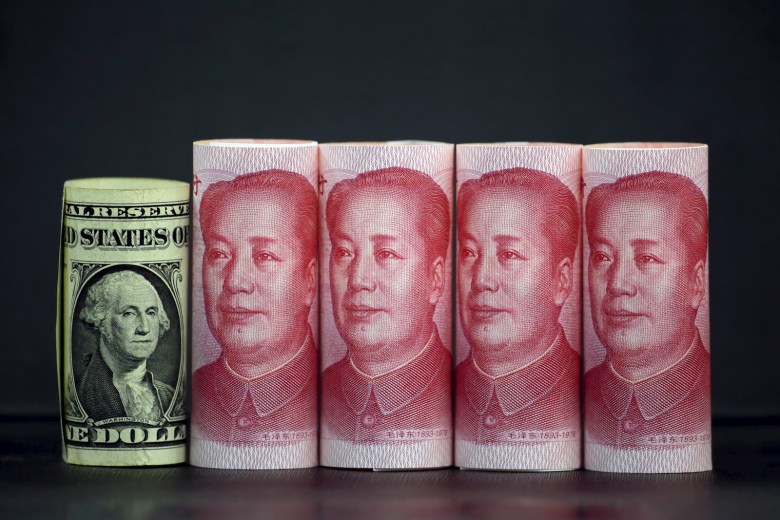Singapore Airlines posts record annual profit, flags challenging macro
Singapore Airlines reported a record-breaking year-over-year profit and increased its dividend on Wednesday ( 15 May ), reflecting strong travel demand in North Asia, but the industry faced challenges from its supply chain issues, such as geopolitical difficulties and fierce competitors. Singapore’s flag carrier also noted the increase in goodsContinue Reading



















